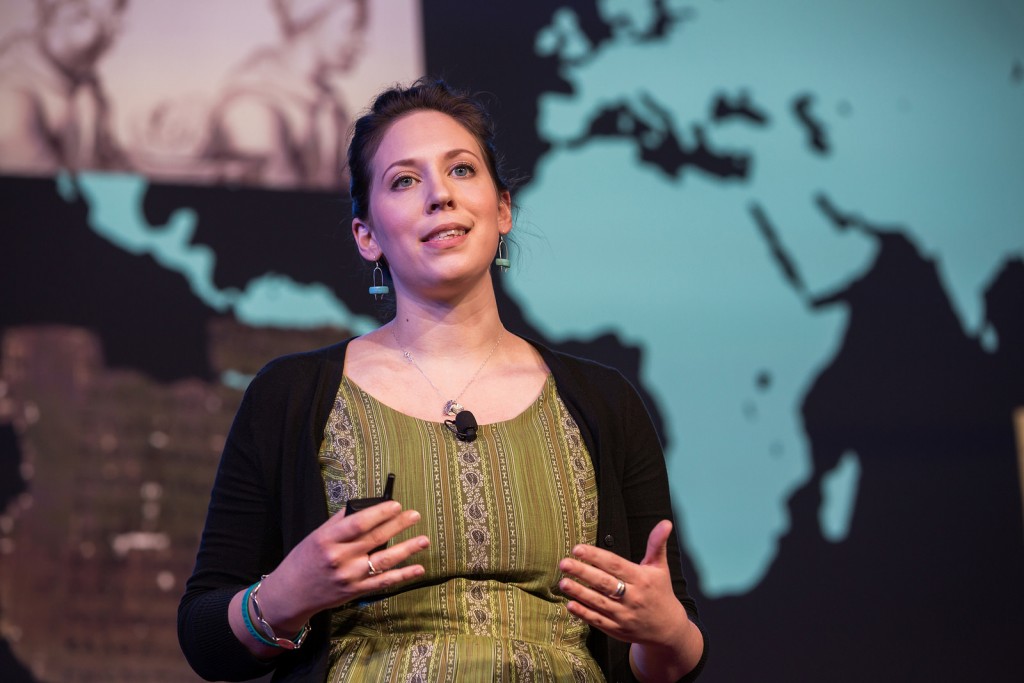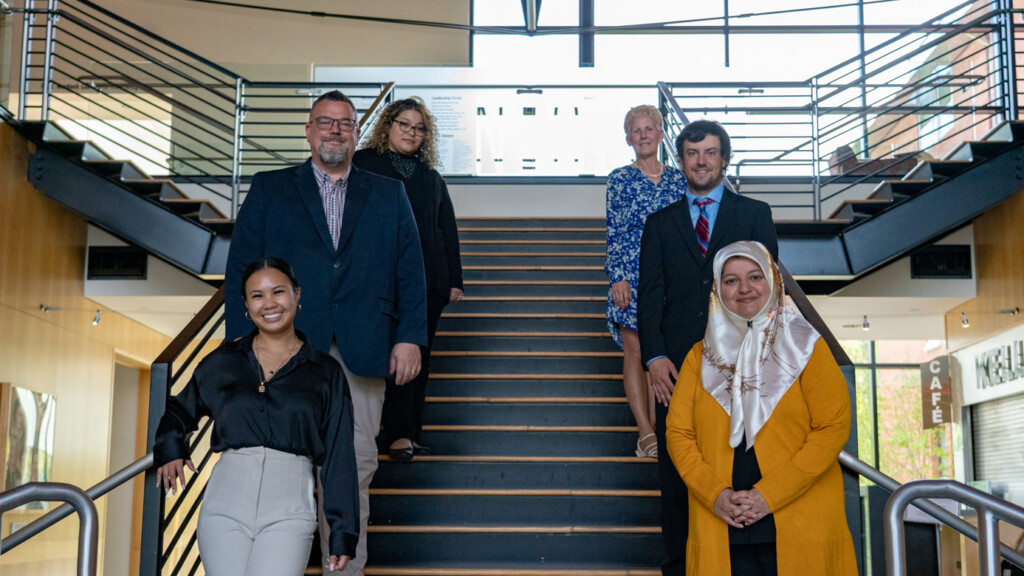Page 87 • (915 results in 0.064 seconds)
-
GLST 287, Fall 2020 Resources PageCOVID-19: A Global Crisis Examined Resource page for participants electing the no-credit option GLST 287 LECTURE RECORDINGS, SLIDESHOWS, & READINGS September 9The Science of COVID 19 Part I: The What, Where, and How of Coronaviruses Dr. Evan Eskew, Assistant Professor of Biology Dr. Shannon Seidel, Assistant Professor of BiologyClick here to view the slideshow from September 9th’s class. September 16The Science of COVID 19 Part II: Testing and Vaccine
-
damaged DNA causes errors during transcription. This process can result in a population of mutant transcripts that could ultimately result in an altered cellular phenotype. The cell is equipped with mechanisms to combat such DNA damage. However, if the damage is not repaired before replication it can induce a permanent mutation in the cell’s genome, an event known as replicational mutagenesis. When this occurs the mutation is passed along to every subsequent daughter cell, thus completing the cycle of
-
many complex cellular intrinsic and extrinsic components to expand the tumor and to develop a variety of resistance pathways. CD8+ T cell proliferation, activation and differentiation play a central role in defeating the threat of cancer cells and protecting the immune system. However, persistent antigen stimulation such as that associated with chronic viral stimulation or advanced cancer can induce an exhausted state in which the effector functions of CD8+ T cells that offer protection against
-

Security and Disaster Management (MSDM), University of Alaska Fairbanks Loading... It’s FREE to apply to PLU When you're ready, we're here. Apply now and fulfill your potential! Get Started Related Programs: Biology Chemistry Dual Degree Engineering Environmental Studies Physics STEM Education @PLUGeosciences @plu.natsci I did summer research through the natural sciences undergraduate research program - I worked in a small group of undergraduates under one of the professors at PLU. My project
-
concept that at the time was unheard of. “What we take for granted as public education, which is supported through taxes, is a Luther invention,” he said. But Torvend argues perhaps the most important Lutheran innovation in education was allowing every subject to exist independently. “That meant that professors in religion could not tell professors in geology or biology how to go about the study of their discipline; it meant that professors in psychology could not tell professors in English how to go
-

States,” Davidson said. Students in the cohorts claim a variety of backgrounds — with families from countries all over Central and South America, for example — and their majors are as diverse as they are: biology, education, philosophy, social work, kinesiology, and more. But Davidson said their shared experiences are key to creating the sense of community, a primary factor that has contributed to the cohorts’ near-perfect retention rate, despite the challenges first-generation students of color
-
began supporting schools through taxes, a concept that at the time was unheard of. “What we take for granted as public education, which is supported through taxes, is a Luther invention,” he said. But Torvend argues perhaps the most important Lutheran innovation in education was allowing every subject to exist independently. “That meant that professors in religion could not tell professors in geology or biology how to go about the study of their discipline; it meant that professors in psychology
-
ZnS shells on spherical nanocrystal cores in a ZnS/CdSe dot-in-rod nanocrystal model system. Thursday, May 4th, 2017 (Morken Center for Learning and Technology, Room 103)1:40 pm - Welcome1:45 pm - What Role Does Chromatin Play in Nuclear Envelope Rupture? Optimizing the Isolation of Micronuclei from the MCF10A Cell Line Ashley Connors, Capstone Senior Seminar The structure and dynamics of the nuclear envelope influences cellular genomic stability. For reasons yet to be elucidated, the nuclear
-

in England, where she earned a master’s of science after blending her PLU degrees—and her life experience—into the emerging field of paleopathology: the study of disease, health, trauma and diet in human biology in ancient societies. “I want to look at evidence of cancer in archaeological remains, and add to a dataset that’s virtually nonexistent,” Hunt said. “At that point I wouldn’t have even called it a field—now it is, but a very, very small field.” A small field, maybe—but one with
-

PLU's Bachelor of Business (BBA) MajorSchool of Business Programs for Non Business MajorsEarn Your MBA at PLUMaster of Science in Marketing Analytics Read Previous John Evanishyn ‘21 studied environmental science on campus—and in France and Costa Rica—during his four years at PLU Read Next Q&A with Biology Major Brandon Nguyen ’21 COMMENTS*Note: All comments are moderated If the comments don't appear for you, you might have ad blocker enabled or are currently browsing in a "private" window. LATEST
Do you have any feedback for us? If so, feel free to use our Feedback Form.


